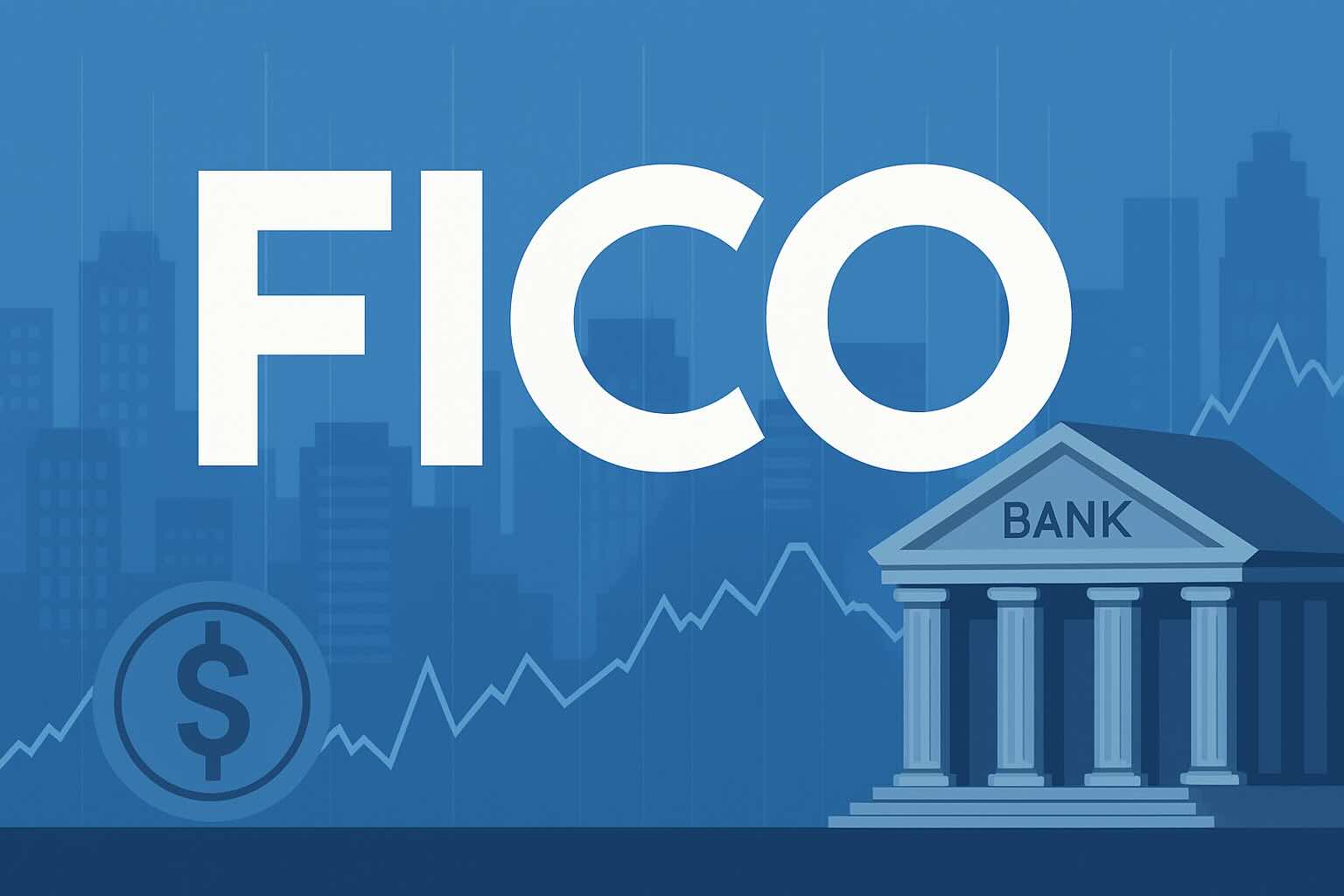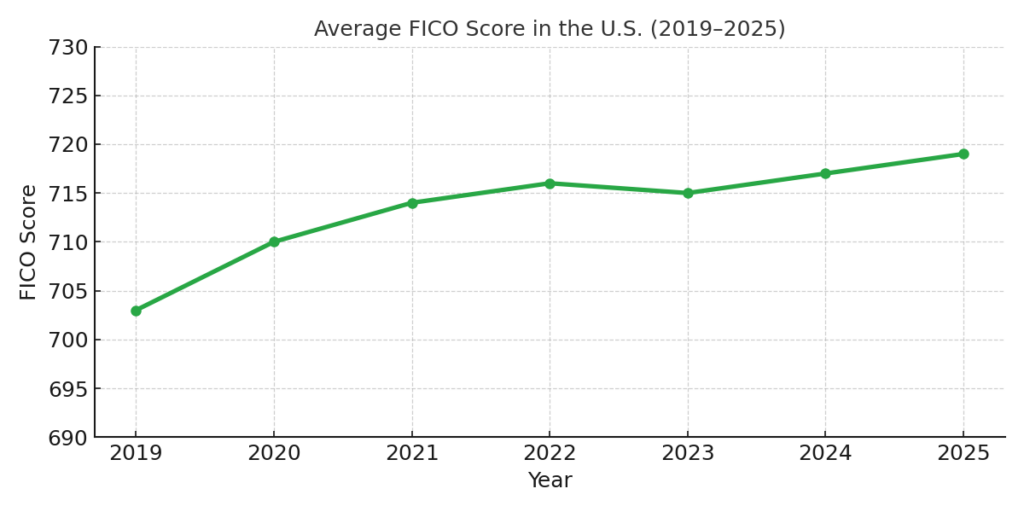
🕒 Estimated reading time: 2 minutes
In an era of fintech apps, AI-driven underwriting, and alternative credit scoring tools, one thing remains constant in the world of personal finance: Your FICO score still holds the key to your financial future.
Whether you’re applying for a mortgage, getting approved for a business loan, or opening a new credit card, banks and lenders continue to rely heavily on your FICO score to determine how much of a risk — or reward — you are.
🏦 Why Banks Still Care About FICO Scores
Despite the rise of open banking and alternative data models, traditional financial institutions in the US still use FICO scores as a primary credit evaluation tool.
- 🔎 First impression: Lenders often check your score before anything else
- 📉 Lower score = higher interest rates or rejections
- 💳 Influences everything from loan terms to credit card limits
- 🛑 Some fintech platforms still require a minimum FICO to onboard users
“Your FICO score isn’t just a number — it’s a trust signal in the financial system,”
says James Nolan, a credit strategist at FinRank.
📊 FICO Score Breakdown (2025 Standards):
| Factor | Weight |
|---|---|
| Payment History | 35% |
| Credit Utilization | 30% |
| Length of Credit History | 15% |
| New Credit | 10% |
| Credit Mix | 10% |
💡 Why It Matters More in 2025
- Inflation and rising interest rates mean good credit saves you thousands
- Buy Now, Pay Later platforms like Klarna and Affirm are now reporting to bureaus
- A high FICO opens doors to business loans, home ownership, and lower fees
✅ What You Can Do Today
- Check your FICO score via apps like Experian, Credit Karma, or your bank
- Pay bills on time — always
- Keep credit card utilization below 30%
- Avoid unnecessary hard inquiries
- Diversify your credit (not just credit cards)


